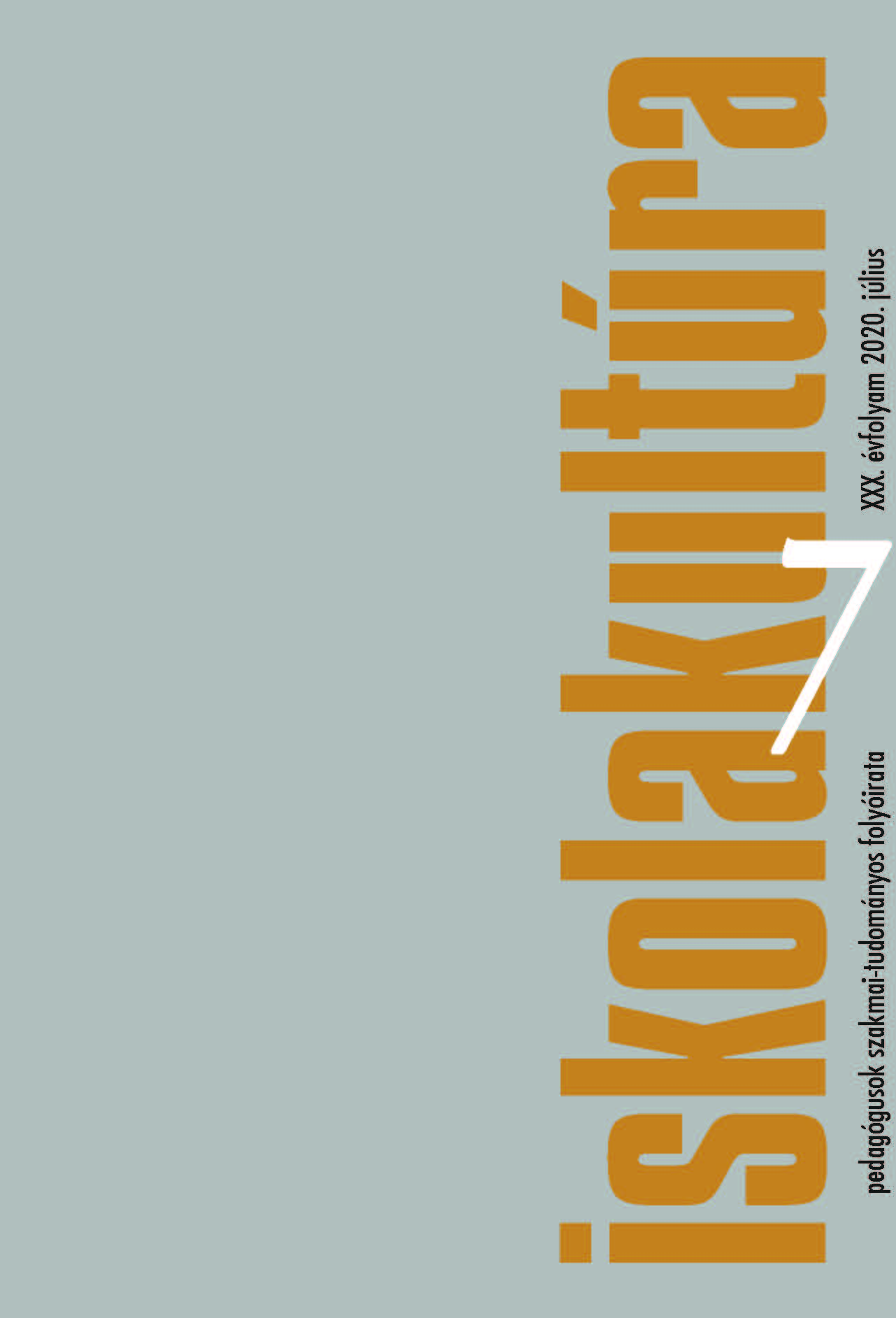Women, movements, cultural sociabilities
Main Article Content
Abstract
Among the social movements of historical ages, characteristic women's movements not only reflected the presence of intentions illustrating social existence of everyday femininity, elements of the culture of etiquette and behavior, or their epoch-making models, but were „stratum-specific” forms of the aristocracy's educational principles, role-consciousness, as well as the family-specific values and aspirations of the bourgeois and other strata. The recently published volumes complement our previous understanding with many features of social role characteristics, pedagogical patterns and lifestyle “sets”, which together make the specific internal history of feminism and elite-aspirations more complete and richer in details.
Downloads
Article Details
References
Borgos Anna (2013): Nemek között. Nőtörténet, szexualitástörténet. Budapest: Noran Libro Kiadó.
Borgos Anna (2018). Holnaplányok. Nők a pszichoa-nalízis budapesti iskolájában. Budapest: Noran Libro Kiadó.
Krász Lilla & Sipos Balázs (2019, szerk.). A női kom-munikáció kultúrtörténete. Budapest: Napvilág Kiadó.
PappBarbara & SiposBalázs (2017). Modern, diplo-más nő a Horthy-korban. Budapest: Napvilág Kiadó.
Papp Klára, Püski Levente & Novák Ádám (2019, szerk.). A magyar arisztokrácia társadalmi-közéleti kapcsolatai és szerepvállalása. Debrecen: Debreceni Egyetem Történelmi Intézet. https://tortenelem.uni-deb.hu/hu/node/280
Rébay Magdolna (2017, szerk.). „... szelíd, de szi-gorú és egyben nagyon igazságos bánásmódban...”. Arisztokraták nevelése-oktatása Magyarországon a XIX–XX. században. Szeged: Belvedere Meridionale.

